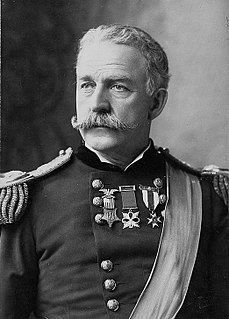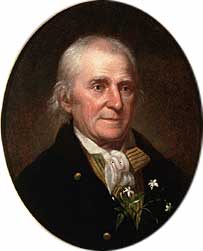A Quote by Deb Haaland
While the Pilgrims landed on 'Plymouth Rock' in 1620, the Spanish had already settled in to the Southwest beginning in the late 1500s, and with the coming of Europeans, some tribes suffered massive declines in populations due to disease and violence. Some Tribes were wiped out by 90 percent, while others were completely decimated.
Related Quotes
At the beginning of the 20th century, before the migration began, 90 percent of all African-Americans were living in the South. By the end of the Great Migration, nearly half of them were living outside the South in the great cities of the North and West. So when this migration began, you had a really small number of people who were living in the North and they were surviving as porters or domestics or preachers - some had risen to levels of professional jobs - but they were, in some ways, protected because they were so small.
A Winner's Blueprint for Achievement BELIEVE while others are doubting. PLAN while others are playing. STUDY while others are sleeping. DECIDE while others are delaying. PREPARE while others are daydreaming. BEGIN while others are procrastinating. WORK while others are wishing. SAVE while others are wasting. LISTEN while others are talking. SMILE while others are frowning. COMMEND while others are criticizing. PERSIST while others are quitting.


































